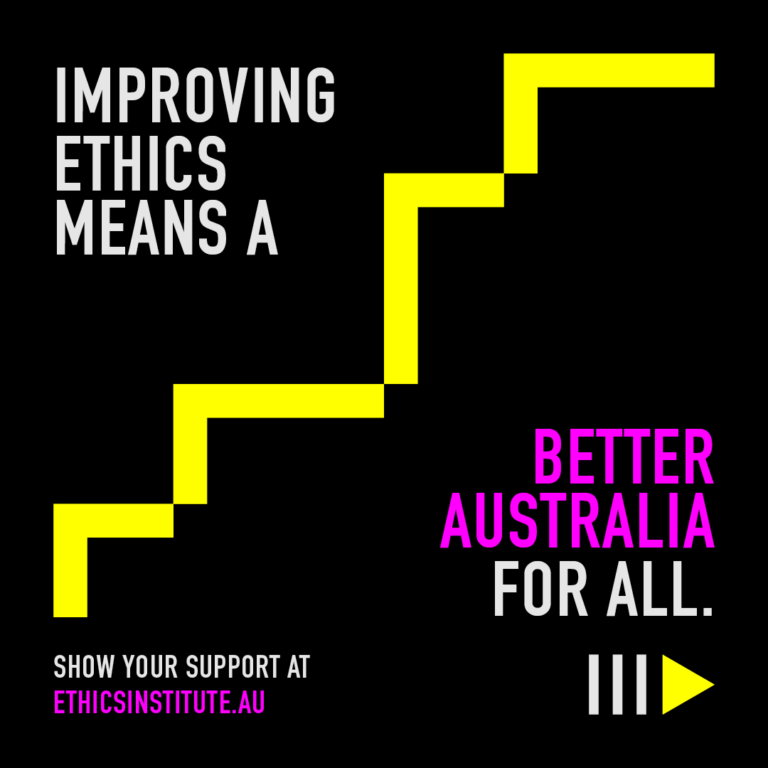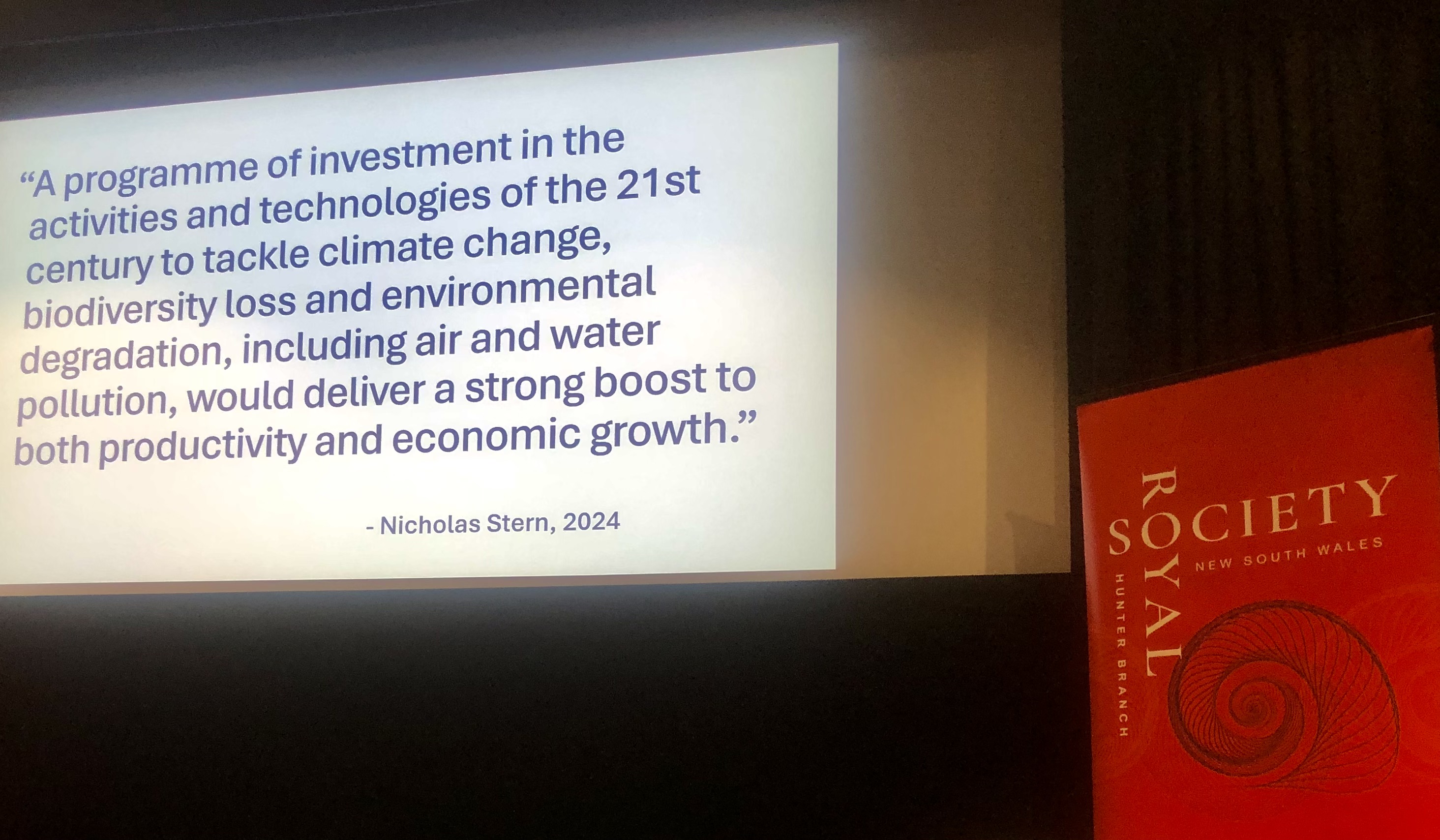Comments
Infrastructure is an important area for transparency. What are others?
To a hammer, everything is a nail. And to Professor George, every problem, social, economic or otherwise, necessitates more laws and regulations. More layers of complexity on complexite.
Sometimes, as in this case, you can have addition through subtraction.
To improve the behaviour of our politicians (not all of which is bad), lets start with removing the candy. Eliminate all tax payer contributions to parties (that includes unions and business groups, yes you BCA and AI). Get rid of tax deductability and bring them into line with the obligation everyone else is subject to with regard to things like privacy laws, spam laws and timeliness of financial reporting.
Because of their ability to impact public policy, real time reporting of donations (with no thresholds), and real time publishing of elected official diaries.
And just to make it interesting, let's have recall elections and a referendum on senate appointments through sortition.
Hi Sparty,
I think you are a bit hard on Prof Williams. His articles are often about de-complexing issues to do with our government and the Constitution.
That said, I agree with doing away with party donations (and having capped spending on elections / publicly funded). I think Prof Williams would have empathy for your suggestions on the public obligations for politicians / political parties - don't think there is a big gap between you on this.
I also like the idea of a Senate appointed by sortition to de-politicise it and create a "peoples house of review". Would you re-define the Senate's role as similar to to the UK House of Lords (including their conventions)?
Dear Glenn,
I think you are being too generous to Professor Williams. If you separate his analysis from his (proposed) solutions, you will find that his solutions almost always involve more (not less) laws and regulations and administrators. Remember, Professor George was also an unsuccessful candidate for Labor pre-selection, something he generally does not disclose in his opeds.
As to your question about the Senate, House of Lords ... you cannot depoliticise politics and am unfamiliar with the role of the House of Lords. However, sortition (with term limits) would be about breaking the nexus between power brokers and senators - with the exception of a handful of senators, Senators are there though selection (by their party bosses/hacks) rather through election - how many of Kim Carr or Arthur Sinodinos or Kristina Kenneally or Don Farrell or Sarah Hanson-Young or Eric Abetz could get elected on their merits alone.
Sortition would also be about making the passage of legislation much harder, thus necessitating broader community buy in. Never again should a government measure its performance by the number of laws it passed.
The alternative would be to make the Senate, the State's house as it was mean to be and let the State Parliaments appointment them. Let the Hunger Games begin.
And perhaps you misunderstood. Let there be as many party donations as people will make but with full disclosure from the first $1. But not 1 cent of public funding for politics .... either directly through appropriation to the parties or indirectly through tax deductability of contributions and political operations by the ABC.
Hi Sparty,
I am enjoying the engagement and discussion. Some of the issues are too complex to try and cover here but I would be happy to chat about these sometime.
You have strong views on Prof Williams and it is probably not worth debating his merits or otherwise on-line.
If the Senate were selected by sortition (say 1/3 changed each year) and it had a brief of "review and report to the public" then it would be unlikely to be a party political vestige. The House of Lords cannot initiate legislation, by convention allows the elected government to enact legislation on policy issues clearly campaigned and elected on, it can reject other pieces of legislation a maximum of three times before the government can enact it (giving a lot of debate and publicity as to why it does not agree with the legislation), and it cannot block supply. Therefore the elected government has a far better chance of getting on and doing the job it was elected to do and the electorate cannot - as has become the way in Australia - elect a party to govern and then an upper house to frustrate/block the process. I think that this is a far better process than what we have.
I guess we have a different view on donations and election funding. That's fine: that's democracy!
This idea looks relevant to the discussion. There are others as well in the Governance category of ideas.
https://ideaspies.com/posts/real-time-reporting-of-election-donations



 IdeaSpies
IdeaSpies

 Jonathan Chrimes
Jonathan Chrimes

